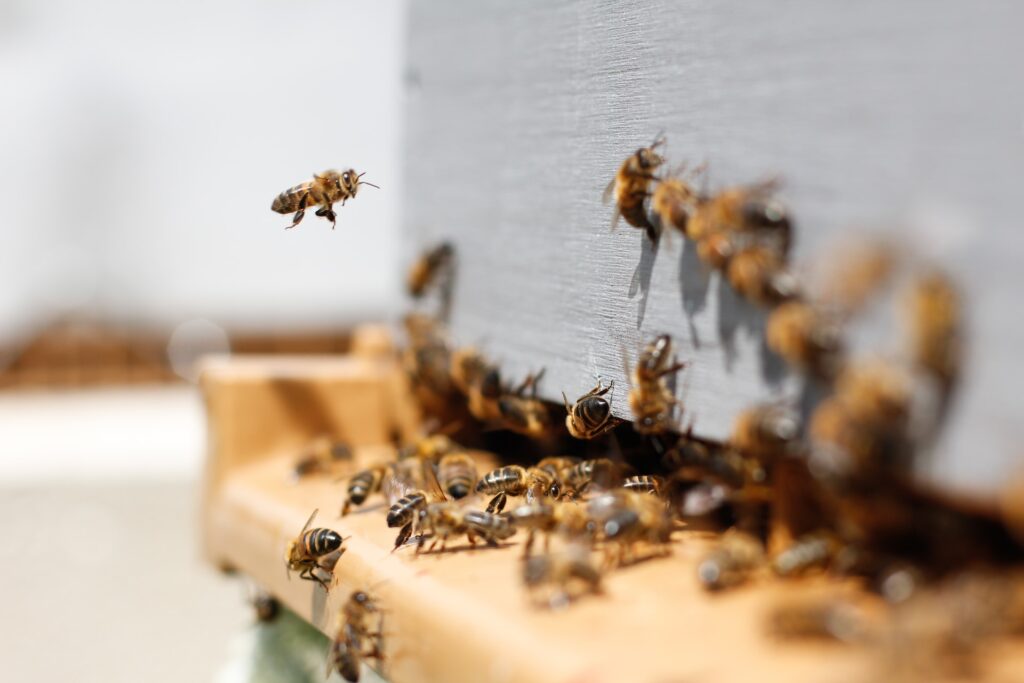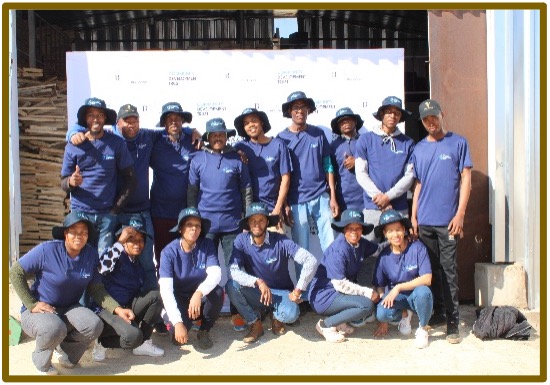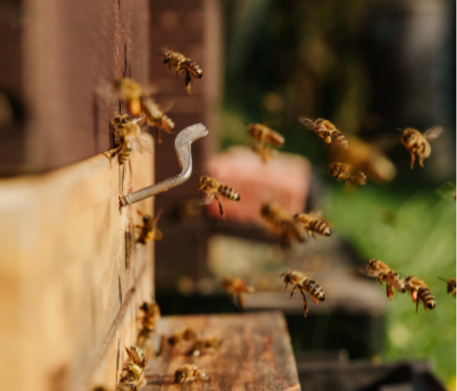 Lesego Serolong Holzapfel is the founder of the social enterprise Bokamoso Impact Investments. In this blog post, she shares insights from its Beekeeper Training Programme which is creating rural jobs in South Africa while helping to save the endangered honeybee population.
Lesego Serolong Holzapfel is the founder of the social enterprise Bokamoso Impact Investments. In this blog post, she shares insights from its Beekeeper Training Programme which is creating rural jobs in South Africa while helping to save the endangered honeybee population.
Beekeeping is a crucial component of livelihood diversification in sub-Saharan Africa as it can bring food, medicine, and extra income. Thanks to the limited start-up costs and labour requirements, beekeeping renders an attractive economic pathway out of poverty for rural communities, particularly women and youth. Additionally, bees provide an essential service to our ecosystem, via pollination, directly contributing to enhancing food security and increasing yields in 75% of global crops.
At Bokamoso Agrihub in Taung, a village in the Northwest Province of South Africa, a number of women and youth beekeepers are currently undergoing training to care for the Hub’s honeybee population. Bokamoso has three training programmes running simultaneously, a flourishing bee population and an increasing number of vegetation varieties that are blooming. With the wildflowers now growing in close proximity to the hives, the wild blossoms can be observed right through the summer season.


